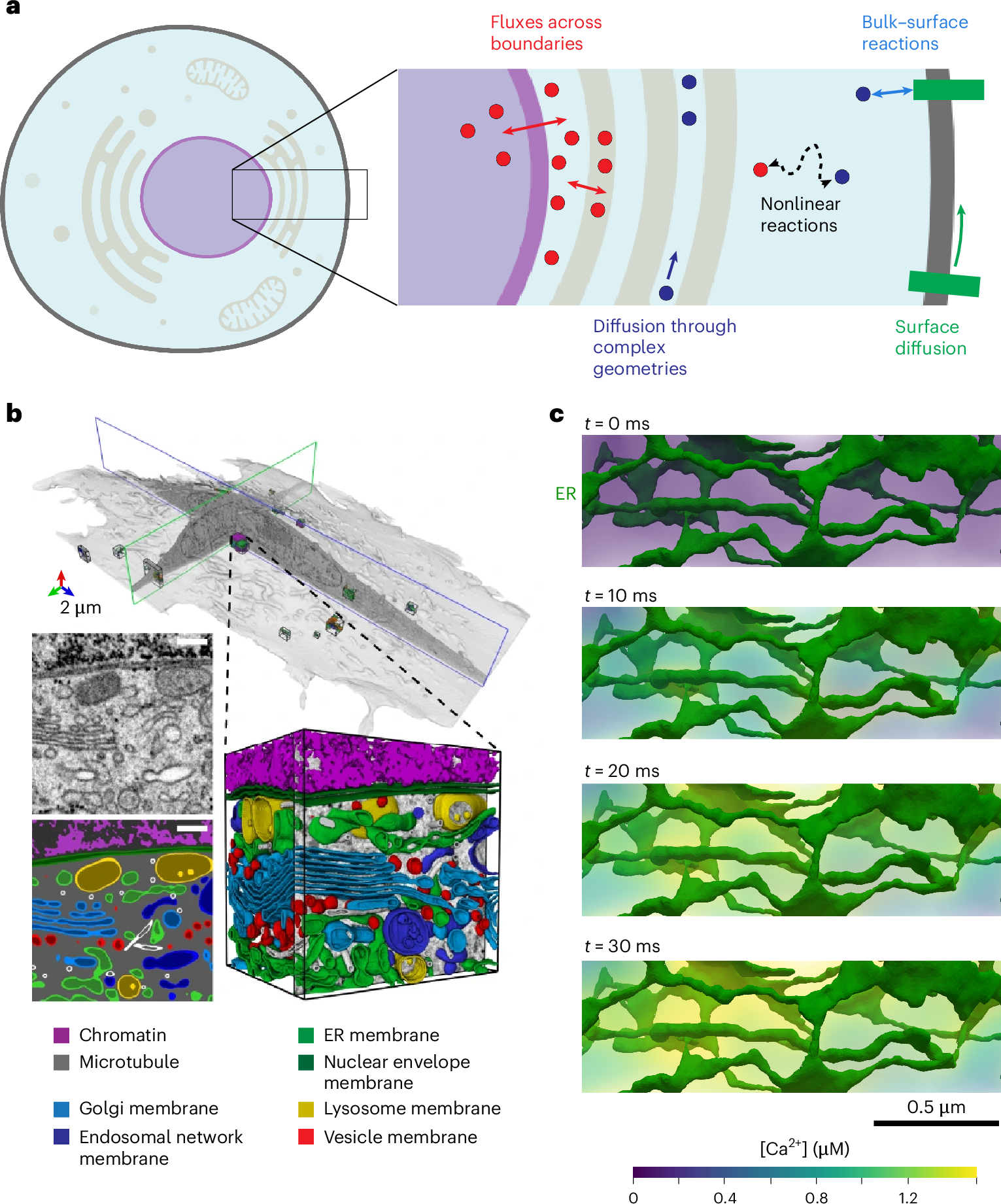2024-12-18 カリフォルニア工科大学(Caltech)
<関連情報>
- https://www.caltech.edu/about/news/how-different-learning-modes-may-explain-problem-gambling
- https://www.jneurosci.org/content/early/2024/11/12/JNEUROSCI.0080-24.2024
問題ギャンブルにおける損失からの学習の速さと遅さの変化に関する計算および神経科学的証拠 Computational and neural evidence for altered fast and slow learning from losses in problem gambling
Kiyohito Iigaya, Tobias Larsen, Timothy Fong and John P. O’Doherty
Journal of Neuroscience Published:18 November 2024
DOI:https://doi.org/10.1523/JNEUROSCI.0080-24.2024
Abstract
Learning occurs across multiple timescales, with fast learning crucial for adapting to sudden environmental changes, and slow learning beneficial for extracting robust knowledge from multiple events. Here we asked if miscalibrated fast vs slow learning can lead to maladaptive decision-making in individuals with problem gambling. We recruited participants with problem gambling (PG; N=20; 9 female and 11 male) and a recreational gambling control group without any symptoms associated with problem gambling (N=20; 10 female and 10 male) from the community in Los Angeles, CA. Participants performed a decision-making task involving reward-learning and loss-avoidance while being scanned with fMRI. Using computational model fitting, we found that individuals in the PG group showed evidence for an excessive dependence on slow timescales and a reduced reliance on fast timescales during learning. fMRI data implicated the putamen, an area associated with habit, and medial prefrontal cortex (PFC) in slow loss-value encoding, with significantly more robust encoding in medial PFC in the PG group compared to controls. The PG group also exhibited stronger loss prediction error encoding in the insular cortex. These findings suggest that individuals with PG have an impaired ability to adjust their predictions following losses, manifested by a stronger influence of slow value learning. This impairment could contribute to the behavioral inflexibility of problem gamblers, particularly the persistence in gambling behavior typically observed in those individuals after incurring loss outcomes.
Significance Statement Over five million American adults are considered to experience problem gambling, leading to financial and social devastation. Yet the neural basis of problem gambling remains elusive, impeding the development of effective treatments. We apply computational modeling and neuroimaging to understand the mechanisms underlying problem gambling. In a decision-making task involving reward-learning and loss-avoidance, individuals with problem gambling show an impaired behavioral adjustment following losses. Computational model-driven analyses suggest that, while all participants relied on learning over both fast and slow timescales, individuals with problem gambling showed increased reliance on slow-learning from losses. Neuroimaging identified the putamen, medial prefrontal cortex, and insula as key brain regions in this learning disparity. This research offers new insights into the altered neural computations underlying problem gambling.


